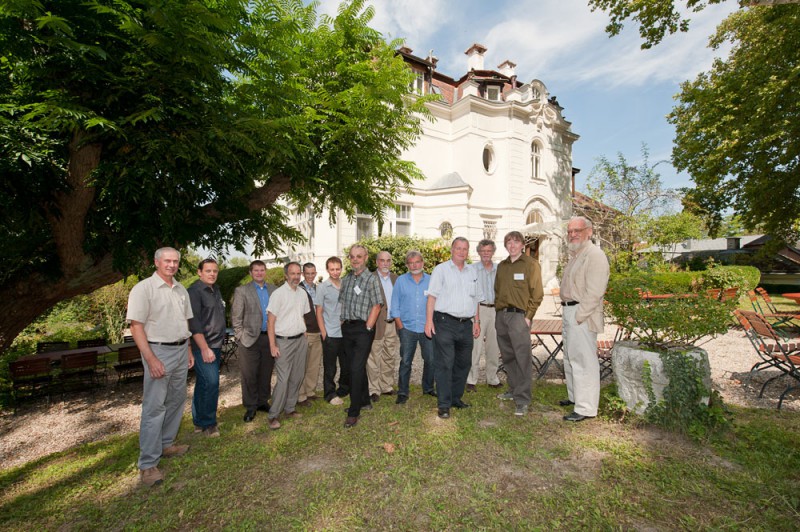Event Details

Picture Gallery
Game theory has been and continues to be applied successfully by economists, biologists and philosophers to a large number of diverse problems that can all be cast in terms of strategic interactions. These applications have, in turn, affected the development of game theory itself. A notable example of this is the use of game theoretic methods by John Maynard Smith in evolutionary biology, which inspired the field of evolutionary game theory, resulting in new solution concepts and the application of dynamical systems to games. Thus, by being applied to evolutionary biology the foundations and methods of game theory have been reshaped themselves. More recently, game theory has also been tested in the laboratory with human subjects. There are continuing debates on how experimental findings should be interpreted and whether or to what extent the predictions of traditional game theory fail in the laboratory. There are also many connections between experimental game theory and the methods of evolutionary game theory because of the importance of learning in games that, in the abstract, lead to dynamical models that may often be viewed in terms of individual learning and in terms of population processes. The workshop aims at gathering together biologists, economists, mathematicians, and philosophers who share an interest in game theory. Some of the topics that will be explored concern applications of game theory; others will be about its conceptual foundations when viewed in terms of evolutionary or learning processes. We do not aim at surveying the field. Instead, we hope that some particularly significant issues will be presented, illustrating the richness of the applications and foundations of game theory, and its relevance for the social and the life sciences.


